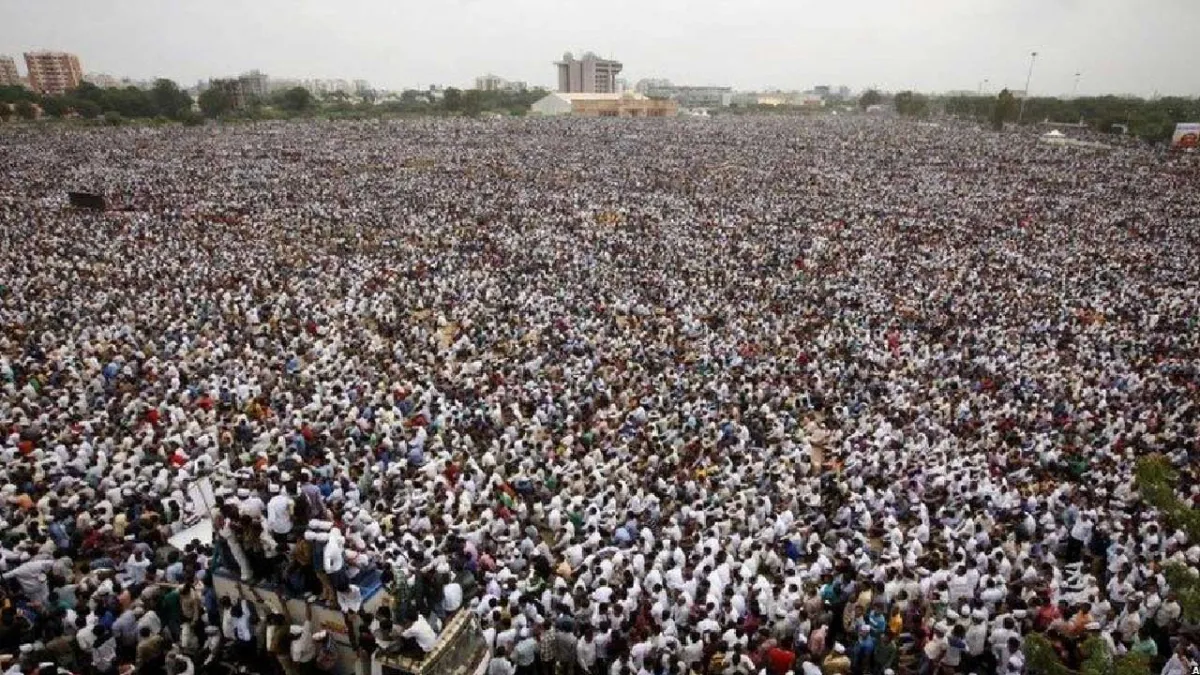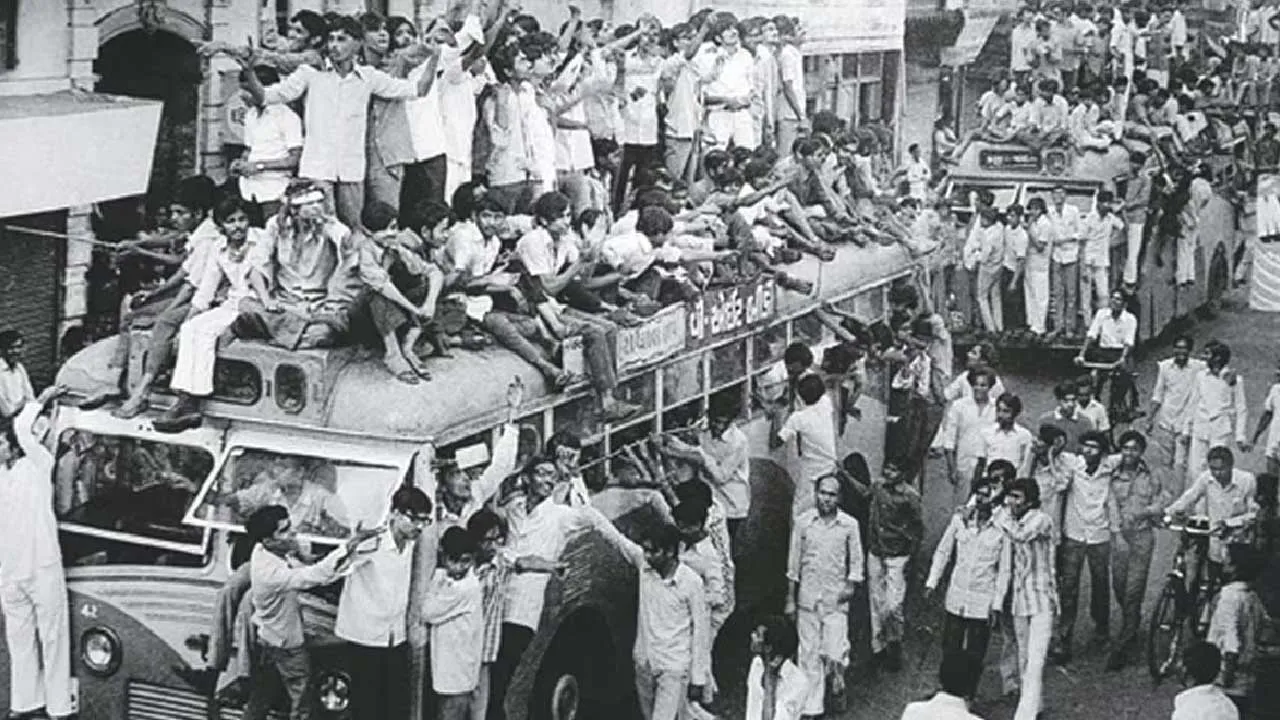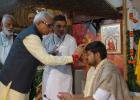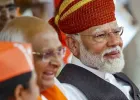- Opinion
- When Governments Don’t Listen, People's Movements in Gujarat Rise
When Governments Don’t Listen, People's Movements in Gujarat Rise

India is a democratic republic where the voice of the people is supreme. Gujarat, with its rich and turbulent history, has witnessed numerous people’s movements since independence.
These movements have emerged from widespread public dissatisfaction, injustice, and socio-economic inequality. Whenever governments fail to respond to public needs and aspirations, citizens take to the streets to make their voices heard.
Gujarat was officially formed on May 1, 1960, after the bifurcation of the Bombay State into Gujarat and Maharashtra. Post-independence, the Indian National Congress largely held power in the state, but during the political emergency of the late 1970s, the party’s popularity declined, and the BJP gradually gained strength. This political backdrop has seen several major movements, including:

Navnirman Movement (1974)
One of the most significant movements in Gujarat’s history, it was driven by students and the middle class who protested against corruption, inflation, and unemployment under the Congress regime. This uprising led to the fall of Chief Minister Chimanbhai Patel’s government and marked a new era of political awakening in Gujarat.
Patidar Reservation Agitation (2015)
Under BJP rule, the Patidar community, led by Hardik Patel, launched a massive agitation demanding OBC reservation status. The movement spread rapidly across the state and became a politically critical event, challenging the ruling establishment.

Feminist Movements
Since the 1980s, Gujarat has witnessed powerful women-led protests against dowry deaths and sexual violence. These movements significantly contributed to public awareness and legal reforms regarding women’s rights and safety.
People's movements signal a government’s failure to understand or respond to its citizens’ needs. Gujarat’s history shows that when governments ignore corruption, injustice, or inequality, the people organize and resist. In a democracy, it is the government’s primary responsibility to listen to the people and resolve their issues. Strong and sensitive leadership is crucial in this process. Leaders must empathize with public concerns and provide transparent, accountable governance.
A historical example is Sardar Vallabhbhai Patel, who during the Bardoli Satyagraha understood people’s sentiments and successfully transformed the local agitation into a national movement, achieving social reforms. Today’s leaders too must exhibit such empathy and responsiveness.

Gujarat’s people’s movements—from Navnirman to the Patidar agitation and feminist struggles—demonstrate that the voice of the people cannot be silenced in a democracy. These movements have been catalysts of social and political change. Governments must learn that ignoring public sentiments only fuels unrest. Only through capable and empathetic leadership can governments prevent such upheavals and work toward peace and prosperity.
Democracy thrives when there is a strong bridge of dialogue and trust between the people and the government.
About The Author

Lorem Ipsum is simply dummy text of the printing and typesetting industry. Lorem Ipsum has been the industry's standard dummy text ever since the 1500s, when an unknown printer took a galley of type and scrambled it to make a type specimen book. It has survived not only five centuries, but also the leap into electronic typesetting, remaining essentially unchanged. It was popularised in the 1960s with the release of Letraset sheets containing Lorem Ipsum passages, and more recently with desktop publishing software like Aldus PageMaker including versions of Lorem Ipsum.











-copy.jpg)










